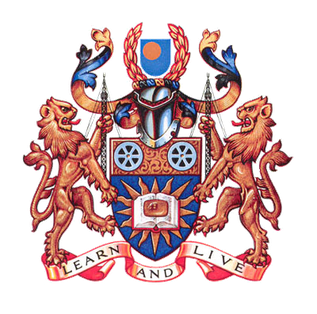The Open University (OU), headquartered in Milton Keynes, England, was the world’s first higher education distance learning institution.
With a mission to be ‘open to people, places, methods and ideas’, the university was founded to give those who had missed out on attending traditional universities, the opportunity to experience high quality degree-level learning.
It dates back to 1964, when former leader of the Labour Party, Harold Wilson, made it a general election manifesto pledge. When Wilson was elected Prime Minister, he tasked Minister for the Arts, Jennie Lee, with overseeing the delivery of the project. In 1965, a committee of educationalists, university vice-chancellors and television broadcasters was formed and in 1969, the OU was launched.
With almost 200,000 registered students, the OU is the largest academic institution in the UK and, apart from a small number of post-graduate research students, most OU students study off-campus.
It has a network of more than 5,000 tutors and uses communications technology to deliver teaching and assessment. The OU also run group tutorials, day schools and residential summer schools. Since its inception it has welcomed over 1.8 million students.
The university boasts a longstanding partnership with the BBC, co-producing up to 25 TV and radio series a year (recent examples include: Britain's Great War, Wartime Farm, Stargazing Live and Bang Goes the Theory).
The OU is a cultural institution in its own right, having featured in the plot lines of several British radio and TV series, such as The Archers, Brookside, Birds of a Feather and Life on Mars, while the award-winning actress Julie Walters’ first major film role was playing an OU student alongside Michael Caine in Educating Rita.



